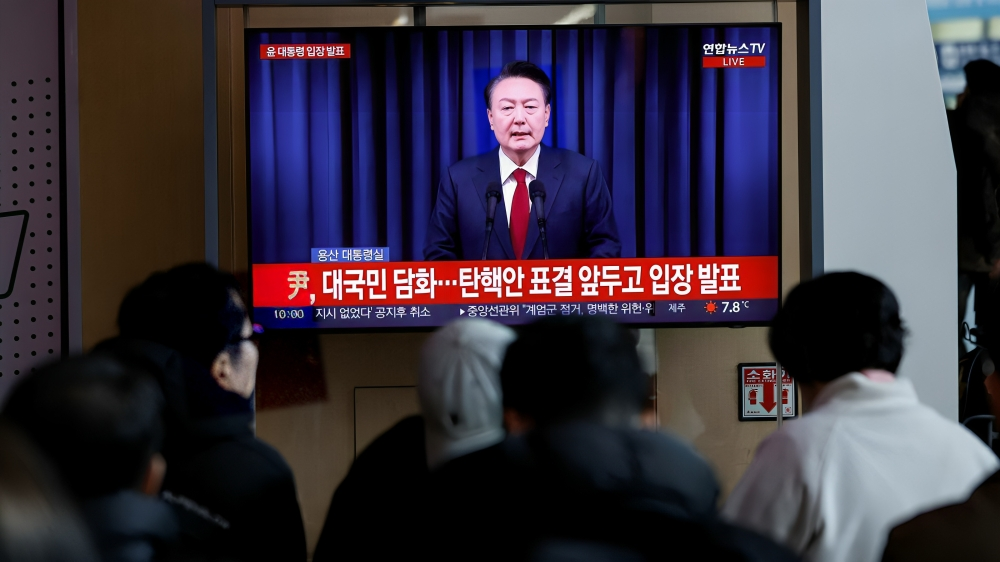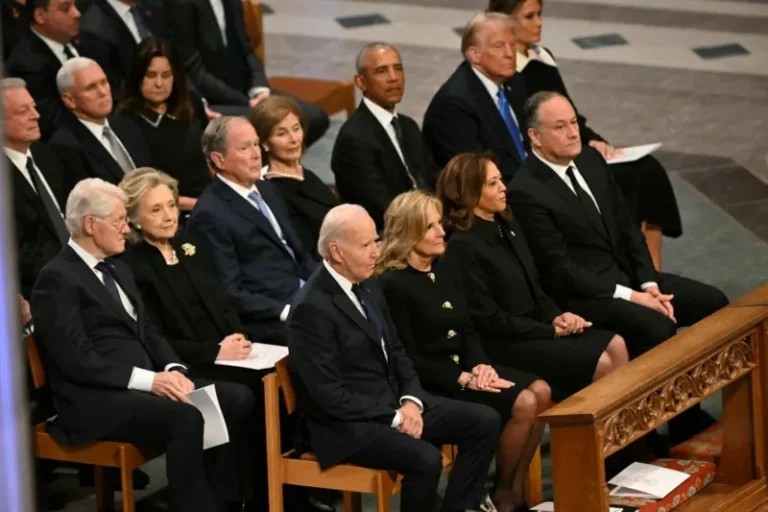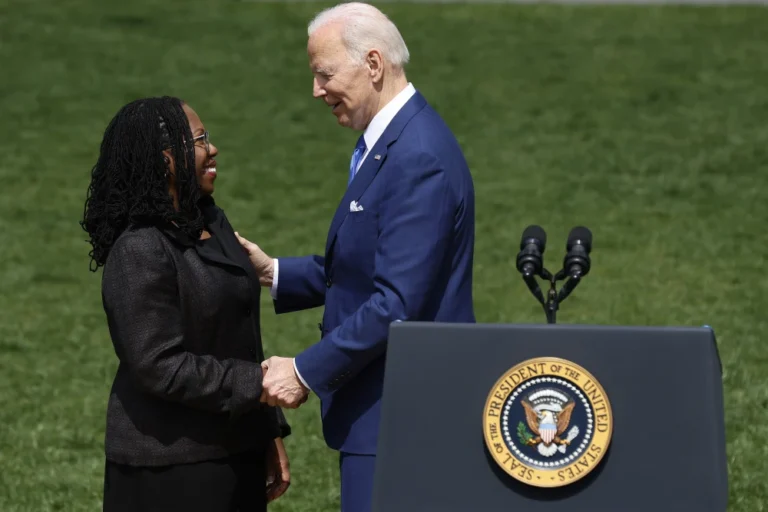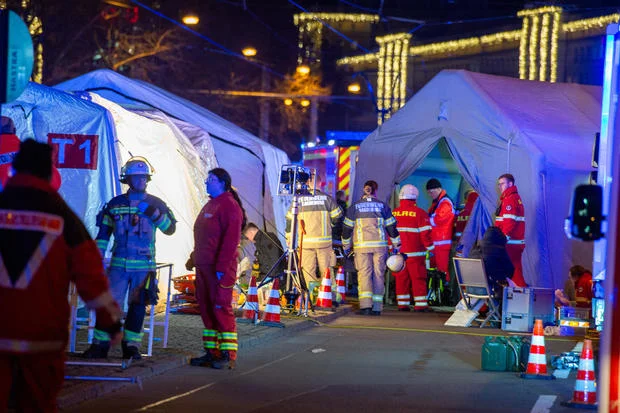

A walkout by ruling party members left South Korea’s National Assembly unable to pass an impeachment vote against President Yoon Suk Yeol. The dramatic move came just hours after the president issued a public apology for declaring martial law earlier in the week.
The impeachment motion was sparked by Yoon’s controversial decision to impose martial law, citing threats from “North Korean communist forces” and “pro-North anti-state forces.” Although the order was rescinded within six hours due to widespread backlash, opposition parties pressed forward with impeachment, accusing him of abuse of power.
To pass, the motion required a two-thirds majority in the 300-seat assembly, meaning at least eight lawmakers from the ruling People Power Party (PPP) needed to support it. However, as the debate unfolded, nearly all PPP members walked out, casting doubt on the vote’s success. Despite this, one PPP member claimed the party did not block its members from voting.
President Yoon addressed the nation on Saturday, apologizing for the “anxiety and inconvenience” caused by the martial law declaration. He admitted the decision was made out of “desperation” but pledged to face legal consequences and assured there would be no further attempts to impose martial law.
If impeached, Yoon would be suspended, with the prime minister assuming leadership until the Constitutional Court rules on the case. Should the president be removed, a new election must be held within 60 days.
The declaration of martial law, though short-lived, triggered mass protests and calls for accountability, with critics accusing Yoon of endangering democracy to consolidate power.






